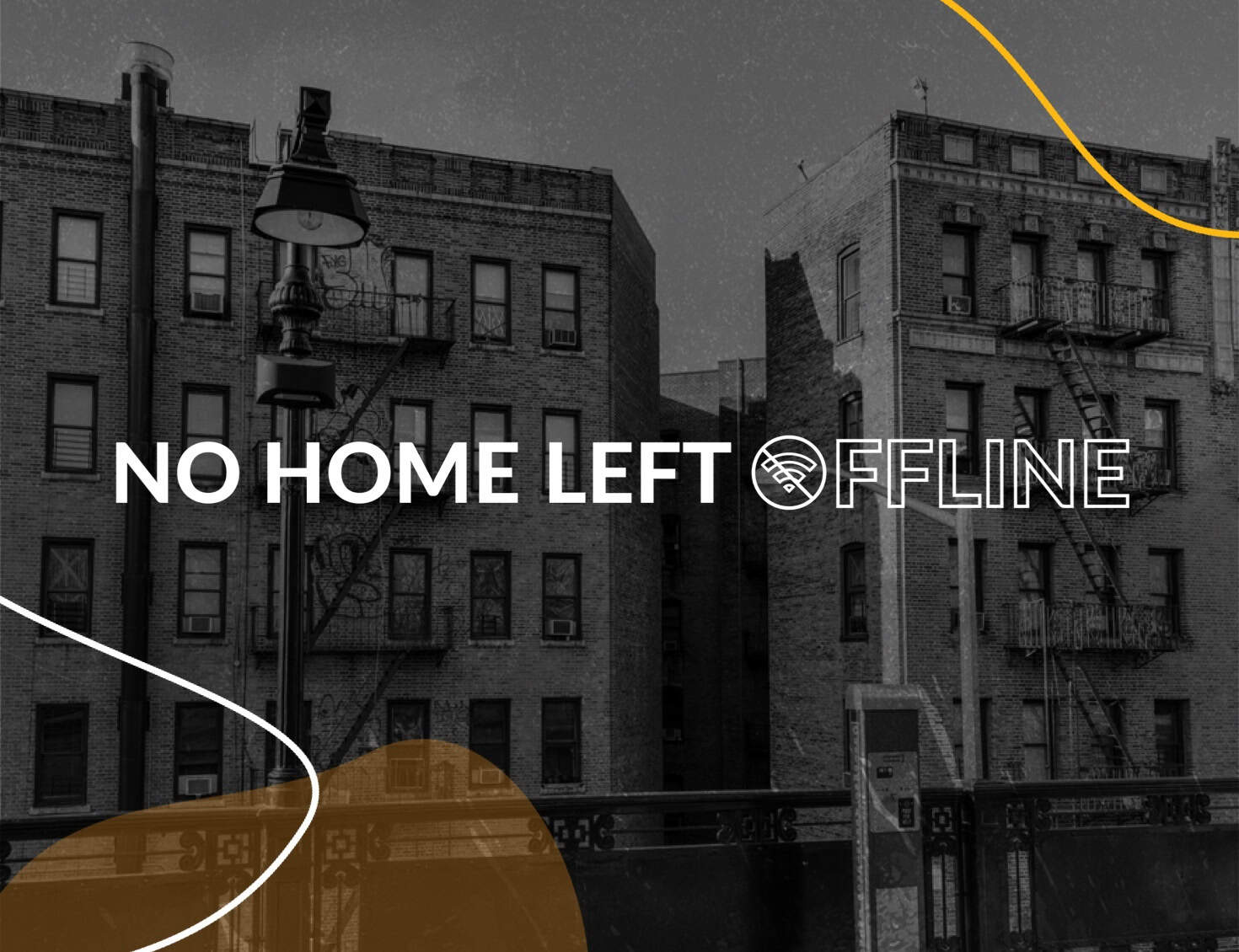In an increasingly digital world, affordable internet is essential for students to participate in online learning, for job seekers to search for employment opportunities, and for individuals to access telehealth services and government resources. In 2021, EducationSuperHighway relaunched with a mission to close the digital divide for 17 million households that had access to the internet but couldn’t afford to connect. Three years later, our work has made broadband affordability a national priority, catalyzing bipartisan action at federal, state, and local levels.
Twenty-nine governors have prioritized broadband affordability for their administrations, and Congress funded the largest single investment ever in broadband affordability as part of the Infrastructure Investment & Jobs Act (IIJA). This included establishing the nation’s first-ever federal broadband benefit – the $14.2 billion ACP – and adopting our proposal to make the deployment of free Wi-Fi networks in affordable apartment buildings (MDUs) an eligible use of the $42.5 billion of Broadband Equity, Access, and Deployment (BEAD) funds.
The expiration of the ACP in May 2024 dealt a significant blow to millions of under-resourced Americans who now face being cut off from vital online resources without the $30 monthly benefit and presented a setback to our efforts to close the broadband affordability gap. In this new digital equity landscape, EducationSuperHighway continues to pursue two critical strategies to close two-thirds of America’s digital divide:
- Ensure states leverage federal funds i.e., BEAD, BEAD Non-Deployment, Capital Projects Fund, U.S. Department of the Treasury’s American Rescue Plan Act (ARPA), and Digital Equity Act (DEA), to deploy free Wi-Fi to low-income apartment buildings.
- Secure a new permanent affordable broadband benefit.
Secure A Permanent, Affordable Broadband Benefit
The ACP was the nation’s most successful broadband affordability program, helping more than 23 million households to get or stay online and connect to the digital economy, education, healthcare, the social safety net, and critical government services. Through our work connecting households during the pandemic, we recognized that awareness, trust, and enrollment barriers prevented unconnected households from enrolling in broadband adoption programs. In response, we built a robust public-private partnership with states, cities, and over 3,000 partners, including community-based organizations, Internet Service Providers (ISPs), and trusted institutions, to accelerate ACP awareness and adoption. Leveraging the tools and marketing support we provided, these partners helped 23.3 million households enroll in the program, connecting 4.6 million previously unconnected households and lifting them out of the digital divide.
The ACP accelerated closing the digital divide, and we thank the congressional members from both parties who have championed the program, supported our #RenewACP campaign, and fought to preserve it. EducationSuperHighway will continue to support legislation that can provide bridge funding for the ACP, but our new priority is advocating for a permanent affordable broadband benefit that connects unconnected households and those who are going to lose their connectivity due to a change in financial circumstances. We look forward to working with our partners to strengthen these efforts and develop policy recommendations that ensure affordability is no longer a barrier to connectivity.
Close the Digital Divide in Multi-Dwelling Units(MDUs)
20-25% of the digital divide is concentrated in affordable MDUs. Without affordable internet access, residents in multi-tenant housing find themselves at a significant disadvantage, perpetuating cycles of poverty and inequality. We continue to be the driving force behind the deployment of free and low-cost Wi-Fi networks in affordable MDUs as a strategy for closing the digital divide.
After we highlighted the effectiveness of these networks in addressing broadband affordability and adoption in apartment buildings, states across the country have committed $707 million in funding to MDU connectivity and can quickly and cost-effectively bridge the digital divide in MDUs by leveraging a fraction of the $2-$4 billion in BEAD non-deployment funds available based on the latest FCC maps and industry projections. It is now critical that state broadband offices prioritize MDU connectivity by:
- Committing broadband funding, including BEAD non-deployment funds, to deploy Apartment Wi-Fi programs in affordable MDUs.
- Following the National Telecommunications and Information Administration’s (NTIA) guidance to explicitly require unit-level connectivity for MDUs in their BEAD subgranting process.
EducationSuperHighway’s team of experts is on hand to provide pro bono support for state broadband offices, including providing model language to include in BEAD Initial or Final Proposals and RFPs, providing data on which MDUs in the state require unit-level connectivity solutions, assisting with building owner education and outreach; facilitating dialogues with ISPs and MSPs, and advising on procurement strategies and the design of MDU-specific procurement programs.
We thank you for your continued partnership in ensuring no home is left offline. Contact us to learn more or access our pro bono support.




